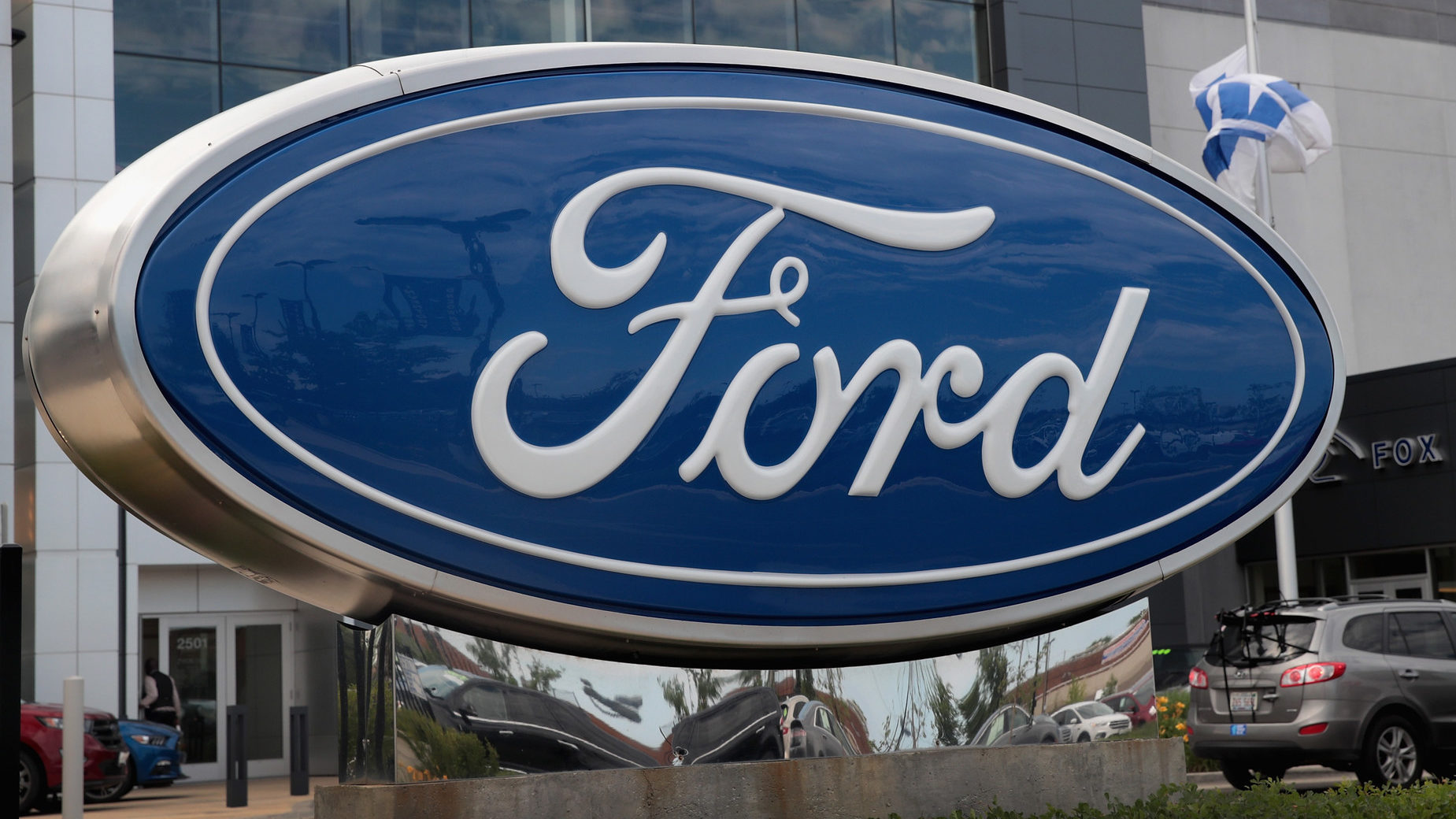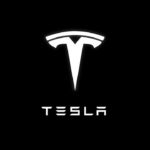
Ford and South Korean battery manufacturer SK Innovation are reportedly panning to build several new electric vehicles and battery factories in the Tennessee and Kentucky both companies are planning to invest $11.4 billion together.
These new factories will be the first new plants built by Ford in over 50 years. The Tennessee plant will be a mega campus that houses a vehicle-production facility for Ford’s F-series pickup trucks and a battery assembly division, while the twin factories in Kentucky will manufacture lithium-ion batteries.
Ford CEO Jim Farley says the investment signals the seriousness with which the company is taking its commitment to EVs. He said that the new campus in Stanton, Tennessee, will cover nine square miles and represents the largest facility ever built in the company’s 118-year history.
Farley said: “This story … is not about propulsion. This story is about digital vehicles with embedded systems, and a customer experience led through software that gets better every day, and changes the definition of a car from something that gets” you from point A to point B, to something that enables your full life.”
The new facilities represent a shift in Ford’s approach to EV manufacturing. It’s a more financially risky move with potentially lucrative rewards in the future if the company can successfully supplement production from its own suppliers.
Farley estimates that Ford will need 140GWh of battery manufacturing capacity a year, and in total, the company’s three new battery plants will enable 129 gigawatt-hours (GWh) a year of production capacity.
Farley said Ford’s contribution to the massive investments in battery capacity will be significant because of its status as maker of the F-150 pickup truck, which has been the most popular vehicle in the US for decades.
He said: “This is different than Tesla and the other announcements [because] this is enormous scale. America’s best selling vehicles going electric. We’re totally sold out.”
Ford says it will spend $7 billion, while SK Innovation will contribute $4.4 billion, for a total of $11.4 billion.
The factory in Stanton, Tennessee, will be called Blue Oval City. At a cost of $5.6 billion, the facility will generate approximately 6,000 new jobs, Ford says. Blue Oval City will become a vertically integrated ecosystem for Ford’s assembly of an expanded lineup of electric F-series vehicles. It will also include a battery plant, key suppliers, and recycling.
Ford said that Blue Oval City is also designed to be carbon neutral with “zero waste to landfill” once fully operational.
In central Kentucky, Ford plans to build a dedicated battery manufacturing complex with SK Innovation. Dubbed the BlueOvalSK Battery Park, the complex will cost $5.8 billion and create 5,000 jobs. Batteries for the company’s next-generation Ford and Lincoln EVs will be assembled at the site’s twin battery plants. The construction money will flow from a new joint venture called BlueOvalSK .
Ford projects that it will create a total of 11,000 new jobs in the two states. As such, the company says it is prepared to spend $525 million on a nationwide job training program, starting with $90 million on a pilot project in Texas. The hope is to train the next generation of workers on the intricacies of EV manufacturing and maintenance, not only to work at Ford’s factories but also at its dealerships and to make repairs in the field.
Farley said: “Our industry has an enormous shortage of technicians. We need to recruit a huge number of technicians who are good at doing service on the road.”
Ford is receiving financial incentives from both states in exchange for agreeing to build there. Tennessee and Kentucky are also both contributing money in the form of training grants to ensure that future workers have the necessary skills. But Farley said the primary consideration was finding locations with competitive energy rates, since a battery plant uses five times the energy of a traditional assembly plant.
Farley said: Ford also prioritized finding greenfield sites with no prior environmental issues so that it could build quickly. We need to move fast.





